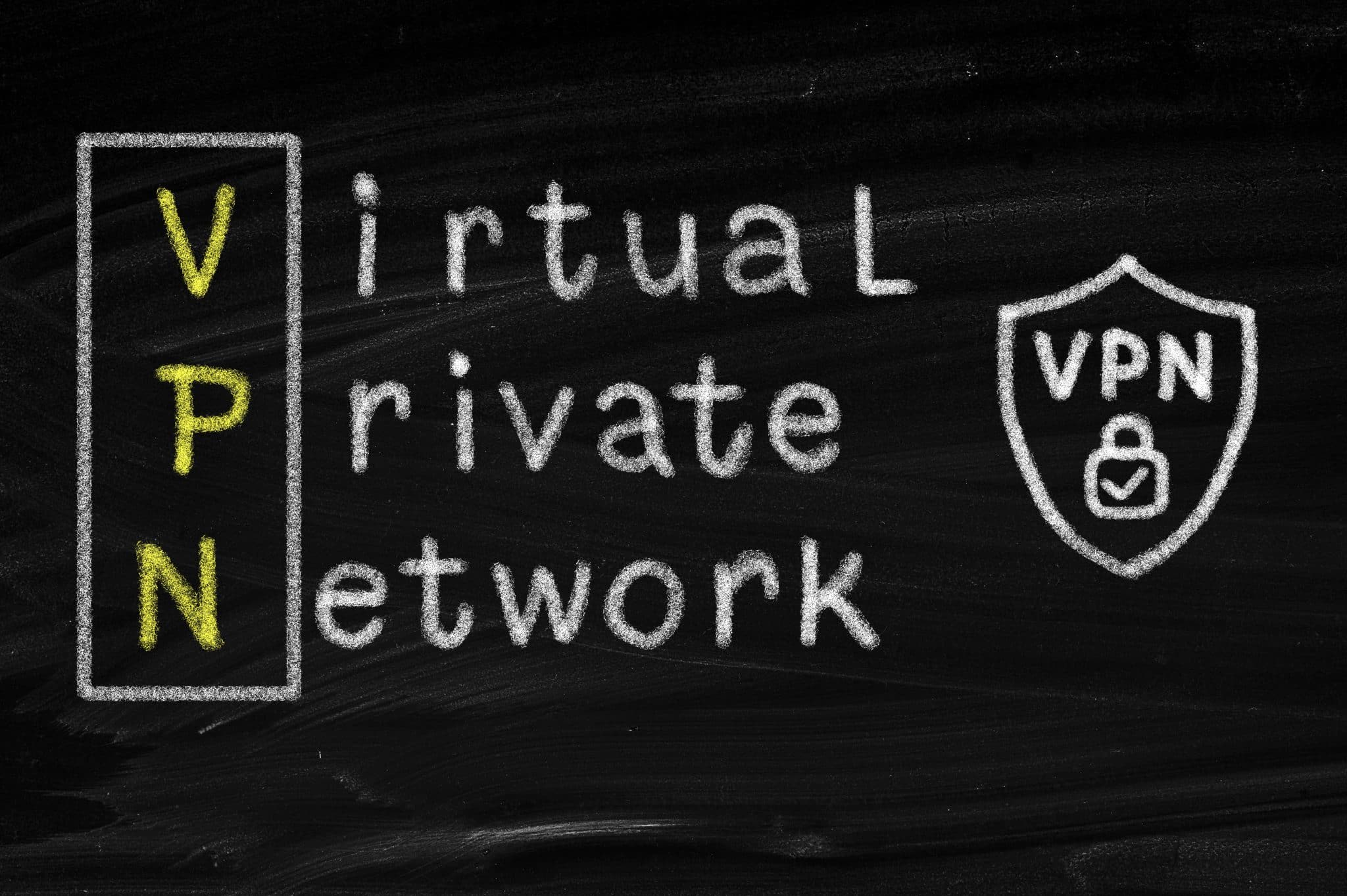VPN Protocols
Priority Networks Inc highlights and weighs in on identifying the differences between VPN protocols.
(Source: business.com, Identifying the differences between VPN protocols, Edwardo Vasconcellos, business.com contributing writer, February 16, 2022, https://www.business.com/vpn/protocols/).
Virtual Private Networks or VPNs are encrypted servers that help individuals/ businesses protect their information from hackers, competitors, or a snooping government. VPN Protocol is the encryption and authentication standard used for data transmission.
“VPN is a private tunnel considering all the internet as the highway. Being on the highway leaves you vulnerable to malicious attackers compromising your security and privacy. While using a VPN, it reroutes your path through a private tunnel which keeps you safe from prying eyes. VPN Protocols are like the rules by which the tunnel operates and dictates the protection offered.” shares Priority Networks Inc.
Each protocol differs in terms of the priority given to the user’s needs, i.e., speed, security, anonymity, connection quality, etc. After assessing your needs and available resources for maximum compatibility and benefits, choosing a VPN protocol must be done.
Choosing a VPN Protocol
PPTP
The oldest protocol, PPTP or Point-to-Point Tunnelling Protocol, was developed by Microsoft and initially introduced for dial-up networks. Priority Networks Inc says that PPTP was widely used as it was integrated with all major OS like Windows, Linux, and Mac. Though it offers high data speeds, the basic encryption standard used was easily broken, making it undesirable for security purposes.
L2TP
Layer-2 Tunnelling Protocol(L2TP) is similar to PPTP but operates over UDP and not TCP. Priority Networks Inc says L2TP is like an enhancement of PPP as it offers military-grade 256-bit encryption. It is often paired with Internet Protocol Security (IPsec), giving a one-two punch to potential hackers.
SSTP
Secure Socket Tunnelling Protocol (SSTP) is an exclusive protocol of Microsoft designed mainly for remote access. Priority Networks Inc states that the SSL 3.0 encryption offers a secure connection for Windows based devices and provides superior data speeds given adequate bandwidth. SSTP is helpful, especially for roaming users who need remote access from different locations at all times.
OpenVPN TCP
OpenVPN TCP is an open-source protocol that uses 256-bit encryption to prevent Man-in-the-middle(MitM) attacks. Compatible with all major OS environments, OpenVPN prioritizes error-free data delivery. Priority Networks Inc backs OpenVPN as a complex protocol that is firewall-friendly and offers forward secrecy. This makes it ideal for businesses that deliver IT solutions and prioritize security.
OpenVPN UDP
Priority Networks Inc expresses that OpenVPN UDP is a reliable protocol focused on high data speeds with minimal latency. Therefore, making it ideal for video conferencing and streaming content. Aimed at transferring data without delays, it ignores various checks and redundancies associated with other protocols. Easily compatible and configurable for all systems, OpenVPN UDP is the reliable choice for the fastest communication, provided your network supports it.
In conclusion, Priority Networks Inc recommends choosing a VPN protocol after carefully assessing your needs, priorities, and available resources. It is also essential to check the list of features and requirements of the VPN protocol to ensure operating system and network compatibility. It is also crucial for businesses that are not IT companies to ensure dedicated IT support is available since some protocols like OpenVPN are very complex. Thus, companies must invest in an appropriate VPN to enable a safe, secure, and fast connection over the internet.




